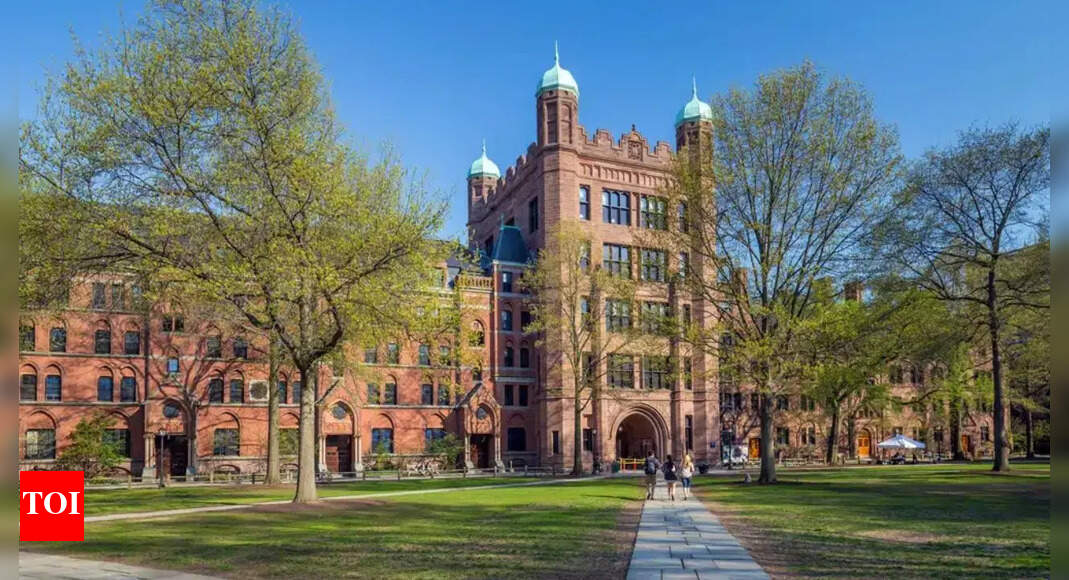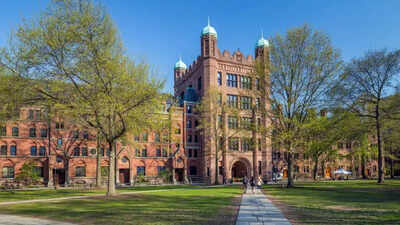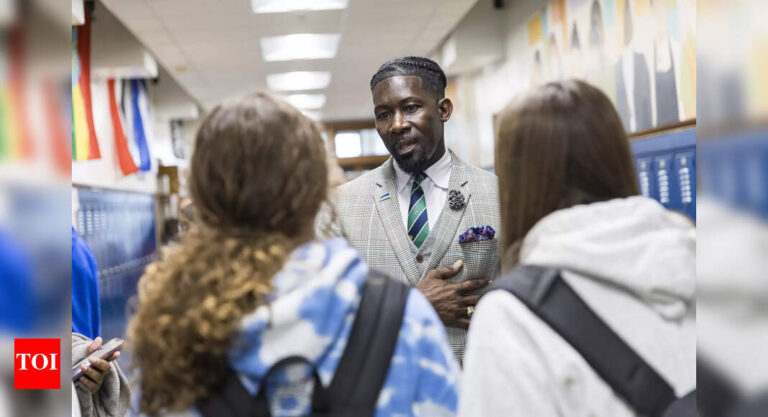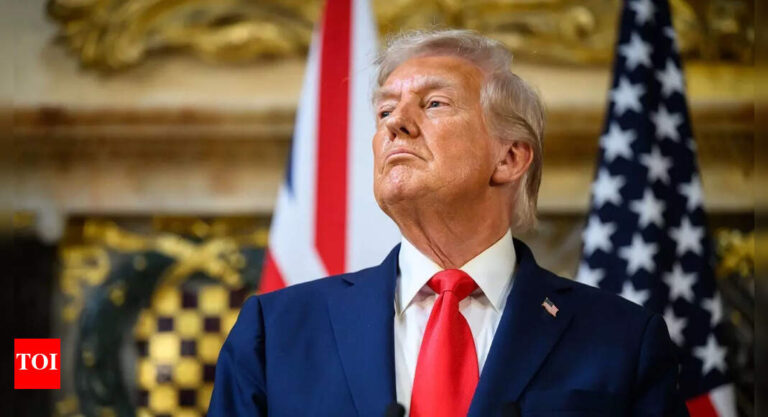
Yale University has so far remained untouched by the federal funding freezes that have affected its Ivy League peers under President Donald Trump. During Family Weekend, President Maurie McInnis spoke candidly about why Yale has avoided the punitive measures, citing the University’s long tradition of fostering respectful campus dialogue and open debate, according to Yale Daily News.
Navigating federal funding and Trump’s policies
McInnis responded to a question about why Yale has not had its federal funding directly revoked by President Donald Trump, noting that Yale and Dartmouth remain the only Ivy League universities whose grants have not been frozen. She acknowledged there is “no obvious answer” to why Yale has been spared.“Whether it is that long tradition, the long tradition we have of encouraging open debate from something like Yale Political Union or the Buckley Institute, or whether we’re at the end of the alphabet, I don’t have that answer,” McInnis said, according to Yale Daily News.Yale College Dean Pericles Lewis added a touch of levity: “We are lucky that Mr. Yale’s name started with a Y.”McInnis highlighted Yale’s history as a “leader” in fostering respectful dialogue, referencing the 1975 Woodward Report, a document promoting free expression and civil discourse on campus.
Preparing for the endowment tax increase
A key topic of McInnis’ address was the impending increase in the federal tax on Yale’s endowment investment gains, set to rise from 1.4%to 8% on July 1, 2026. She explained that the elevated tax would cost the University roughly $290 million if applied to last year’s revenue, while a previously proposed 21% rate would have amounted to $790 million.“Our budget last year was just a little over $6 billion. From that, $2 billion, or one-third, came from proceeds from our endowment,” McInnis said. She reassured parents that current financial aid packages for students would not be impacted by the tax increase.
Advocating for higher education in Washington
McInnis also shared her efforts in Washington, lobbying on behalf of universities. She described measures Yale has already taken to “weather the storm,” including reductions to non-salary budgets, and expressed gratitude to alumni and parents who have supported advocacy for higher education funding.“I want to recognize that our alumni and parents have been great friends to us as we have tried to advocate on behalf of higher education in Yale,” McInnis said, according to Yale Daily News.
Emphasis on free speech and respectful discourse
Parents at the event appreciated McInnis’ emphasis on the importance of free speech and open debate. She addressed topics ranging from free-speech rankings on campuses to artificial intelligence in coursework and students’ preparation for the workplace.For a mother of a first-year student from Florida, the talk offered reassurance. “It is very encouraging as a parent to hear her emphasis on respectful discourse and debate when there is a disagreement politically,” she said.Similarly, a parent whose daughter is a senior from Maryland, praised McInnis for balancing Yale’s traditions with contemporary challenges. “I have a tremendous amount of empathy for her stepping into a role of presidency at a time like this, and she is up against a lot of challenges,” Peyton said.A mother of a first-year student from California, added that McInnis appeared “very reasonable” and grounded in common sense, a quality she described as essential for university leadership in this climate.
Universities at a crossroads
McInnis reflected on declining trust in higher education, citing rising tuition costs, low admissions rates, and perceptions that colleges are not open to debate. Her remarks underscore the dual challenges universities face today: safeguarding academic freedom while managing financial pressures under shifting federal policies.As Yale prepares for the new fiscal year and the endowment tax increase, McInnis’ message combined caution with confidence. Her engagement with parents highlighted both the resilience of the University and the centrality of students’ intellectual curiosity and creativity in navigating uncertain times.







